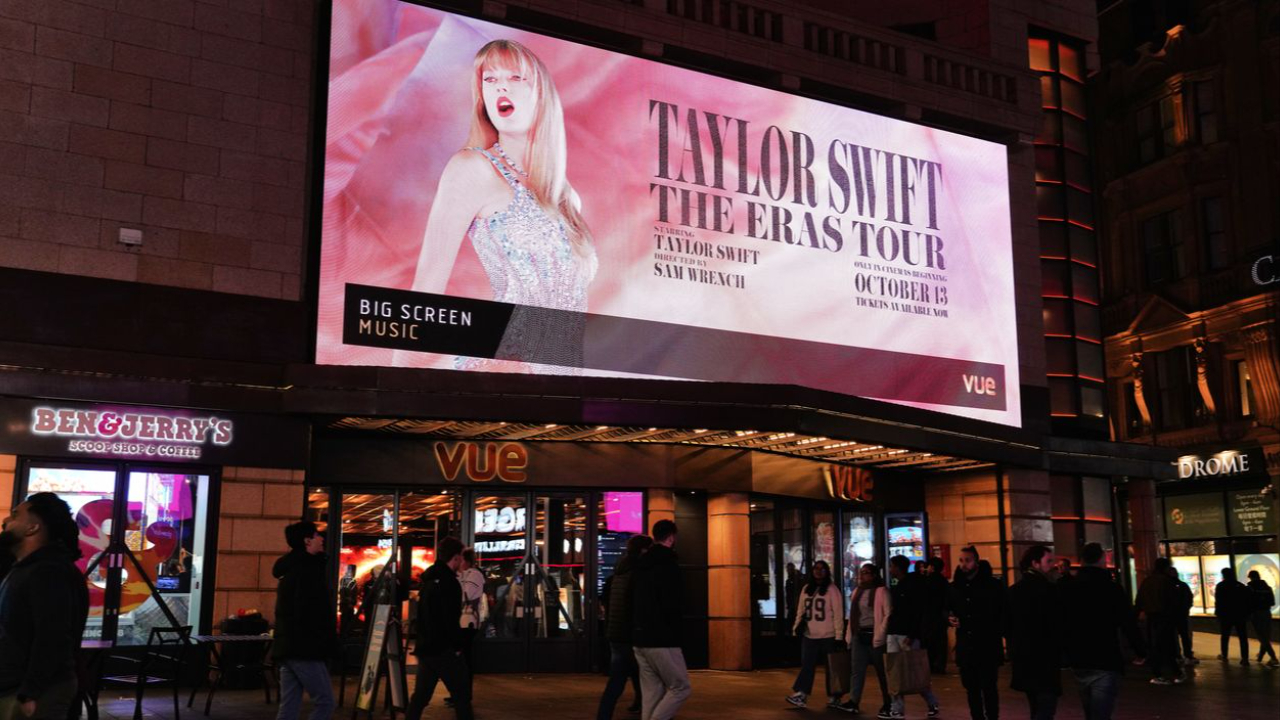The elusive pursuit of perfection
Oct 18, 2024
Ones, you uphold high ethical standards and strive for integrity. You have a keen eye for detail and excel at ensuring quality and precision in your work. You’re committed to consistent improvement (because ultimately you’re working toward perfection in all things), and you take your commitments seriously. This means that you can be relied upon to follow through on your promises. Thank you for that.
One industries
Industries that are One-ish in their behaviour and/or value a One’s expertise include:
-
Public service: this can look like many things. You might be a teacher who creates structured learning environments and encourages the pursuit of knowledge. You might be in healthcare where your attention to detail and adherence to protocols can literally be a matter of life or death. Or you might work as a judge, in public policy, or as a compliance officer, upholding ethical standards and promoting social welfare.
-
Not for profit sector: with the focus on social justice, human rights, and community improvement, Ones can absolutely thrive here.
-
Quality assurance and compliance: I mean, who better than the perfectionists of the Enneagram?
-
Architecture: offers Enneagram Ones the opportunity to focus on precision, to attend to ethical concerns like sustainability, safety, and the impact of designs on communities, and to focus on improving the built environment.
-
Finance, accounting and the law: auditors, accountants and lawyers are all roles that allow Ones to draw on their attention to detail, their focus on accuracy, and their commitment to ethical frameworks.
-
Environmental science and sustainability: this is where Ones can create environmental standards and advocate for sustainable practices, aligning with their dedication to ethical stewardship of the planet.
-
Ballet: I’m pretty sure this one is self-explanatory to anyone who has seen ballet and Iyengar Yoga with its focus on structure, ethics and proper alignment.
Ones in storytelling
Characters
Think Elsa (from the movie Frozen), Atticus Finch (from To Kill a Mockingbird by Harper Lee), Hermione Granger (from the Harry Potter series) and T'Challa (from Black Panther). These characters all have a strong moral compass and desire for justice. They demonstrate a deep sense of responsibility to the people in their lives, and each grapples internally to balance their ideals with the expectations placed upon them.

Stories
Before we move on to One stories, I’ve read a few novels of late where the author couldn’t decide if they were giving a social justice lecture or writing a compelling story. If you’re going to try and combine these things, then PLEASE remember this one rule; show don’t tell. If you wish to tell, give a lecture at a local university. I look forward to hearing it. If you wish to write a novel, then please, go and read some Toni Morrison until you feel abundantly clear about what it means to show rather than tell.
Toni Morrison’s writing is probably my favourite example of One writing. (NB: I’m not commenting here on any author’s personality, I’m commenting on how One values show up in their books.) Her novels are masterclasses in how to hold a strong ethical position and fight for social justice through the form of storytelling.
Chimamanda Ngozi Adichie’s writing also focuses on One issues. She too understands the difference between showing and telling. Think of We Should All Be Feminists as an example of telling and Half of a Yellow Sun and Americanah as examples of showing.
Khaled Hosseini’s The Kite Runner and A Thousand Splendid Suns address Enneagram One themes such as moral responsibility, redemption, and the impact of societal norms on individuals, whilst Alice Walker’s Possessing the Secret of Joy focuses on female genital mutilation. It’s an example of a One novel that grapples with gendered conditioning and cultural standards, through the critical gaze of a One.
Literary genres
Ones enjoy non-fiction (think anything in the self-improvement or social justice spaces), historical fiction (as long as the history is accurate, otherwise the book might enrage the One), biographies and autobiographies, poetry, and literary fiction.
Best social media platforms
LinkedIn appeals to Ones due to its professional focus. Ones don’t like to be too loose in the way they’re seen in the world. Thus, LinkedIn’s emphasis on career development and knowledge sharing makes it a comfortable fit for many Ones.
Threads gives Ones the opportunity to express their opinions on ethical issues, social justice, and politics.
Medium and Substack - both of which encourage thoughtful writing and in-depth exploration of topics - are opportunities for Ones to share their insights, research, and perspectives, connecting with others who value meaningful content.

Visibility blocks
Let’s explore some of the influences holding a One back from greater levels of visibility.
-
Perfectionism: my hands are paused over the keyboard for this one. On the one hand, when you develop something to a point of flawlessness it can be so exceptional that it can’t help but boost your visibility because everyone wants to share it. On the other, your extremely high standards, combined with your fear of being judged or criticised, cause you to hesitate to share anything.
If this is a familiar pattern, my advice to you is this; try to find some balance between perfection and progress. Remember that you’re a master at continual improvement and put things out into the world knowing that they’re going to get better and better over time. Make progress over perfection your mantra and remember that your standards are so much higher than other people’s. So, unless you have an all Enneagram One community or customer base, your ‘pretty good’ standard will still be well above most people’s ‘great’ standard. -
Fear of criticism: Your desire for integrity and getting things right can create fears about how others perceive you, which can prevent you from stepping into the spotlight or sharing your thoughts publicly. The principle of continual improvement can help here. For instance, you’re not going to get good at sharing your thoughts without sharing your thoughts. So, start in places that are forgiving and friendly - even when your inner critic isn’t - and develop your skills over time, building toward environments where perfection in your craft is more commonplace.
-
Desire for control: Your pursuit of perfection is wrapped up in your strong need to maintain control over your environment and the outcomes you work toward. This can lead to avoidance of situations that require vulnerability or openness. It can leave you feeling compelled to present a polished version of yourself. These things tend to limit the connections you’re able to make with your community or audience. Try to show them your more flawed, human side from time to time. Trust me, they’ll love you for it.
-
High expectations of others: Your high expectations of others can lead you to feel disappointed or frustrated with your team. Likewise, your rigidity can make things difficult for people who are working with you. This combination can stop you from entering into collaborations or partnerships, limiting your opportunities for visibility and connection. Ways to navigate this include: partnering with other Ones, getting really clear on each person’s role from the get-go, and/or working on releasing some rigidity and the relentless pursuit of perfection (our course ‘Your Visibility Personality’ will help you with that).

To the rest of the Enneagram
I’m married to a One and as a Seven that works very well most of the time. He has helped me to appreciate structure and I’ve helped him to welcome more joy into his life. He sets the standards, I bring the fun.
As a rule, he hates it when I do the grocery shopping because the trolley is filled with artisan cheeses, specialty condiments, and other things he considers luxuries. On the flip side, I find his grocery shopping adequate but dull. The compromise we’ve reached is this; he does the weekly shopping to ensure we’re meeting his high nutritional standards and I pop out for yummy food when the inspiration strikes. This means I get to be spontaneous and pursue the gourmand aspect of my Seven self whilst he gets to keep everything functioning in a way that satisfies his need for order and control.
If you’re in any sort of domestic situation with a One, I recommend you explore similar ways to lean into the strengths of your respective Enneagram points.
Of course, there are times when I find the outer expression of his inner critic to be quite tiresome. In those moments, I try to:
-
remember that his inner critic is far harsher than the critique he’s offering me.
When I think about that deeply, I’m able to connect with my empathy, knowing that it must be awfully tough to go through the world with a critical mind that finds fault at every turn. -
respond constructively to the criticism coming my way.
There are three ways I generally react to criticism.
Firstly, I can recognise that the information being offered is very useful. In that circumstance, I’m able to change the way I do something because it’s a genuine improvement on my old approach.
Secondly, I can see the critic is just him feeling a bit triggered about something and I adopt the Teflon approach, letting it wash right over me or reminding him that perfection isn’t always the name of the game.
Thirdly, I can feel triggered by it. In those moments, I know the wound is mine and I do some healing work on myself. (I’m always genuinely grateful for the opportunity to clear out an old wound. Why would I want to carry an old wound when I can live free of it?)
In short, either my life is improved, I remain unaffected, or my emotional realm is made more whole. Continual improvement indeed!
With that, let’s wrap up with one of my favourite Enneagram One characters in storytelling: the Architect from The Matrix. This is the very best example I can recall of the One’s ever-elusive pursuit of perfection. It’s so satisfying.





